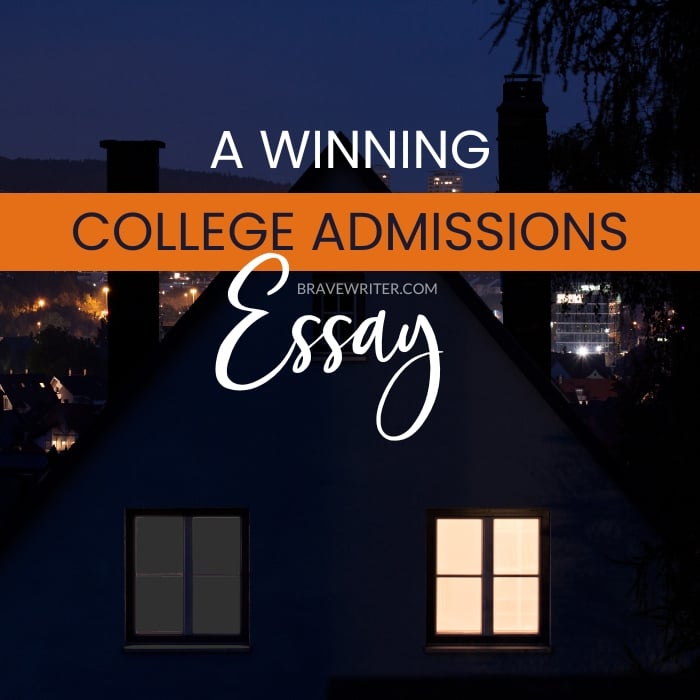
We’ve decided to send our homeschooled teen to public high school. Help!
Enjoy the transition if you can. Buy football tickets and go to games this fall. Meet the teachers. Make sure you attend back to school night. Test the lockers and make sure your teen knows how to open and close them, lock and unlock them before school starts. Get new clothes or shoes. Focus on the adventure of school, not on what wasn’t learned at home.
Don’t feel you have to cram. Freshman English will teach the essay again to everyone. Let your child look forward to school and be confident that he or she has been well educated at home. If there are struggles, get help then.
My daughter struggled mightily with algebra at the local high school. I met with the instructor and he gave me a plan to help her and she implemented the plan and wound up catching up in a semester and sailed through math the rest of the year.
Jacob was behind in band (saxophone) and same thing: once he was in that environment, he caught up because he was in that environment and wanted to.
School exerts a kind of pressure that can be healthy when your kids aren’t burned out and have not been in the system.
On the flip side, I thought Jacob was not a strong writer like his sister and brother had been. I put him in regular English and was called into the school to move him into Honor’s English. I was floored. They told me he was advanced. I didn’t know.
So try not to pre-judge the experience.
Good luck and enjoy!
























